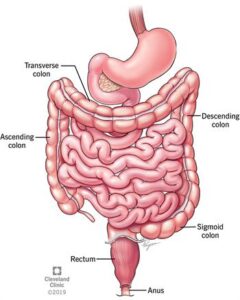Losing weight is a common goal for many people who are looking to improve their health and well-being. However, losing weight can be a daunting task, especially if you’re not sure where to start. In this article, we will provide you with a comprehensive guide on how to lose weight effectively.
- Create a Caloric Deficit
The first and most important step in losing weight is to create a caloric deficit. This means that you need to consume fewer calories than you burn in a day. The best way to do this is by reducing your calorie intake by 500-1000 calories per day.
You can achieve this by making healthier food choices, reducing your portion sizes, and limiting your intake of high-calorie foods and beverages.
- Incorporate Cardiovascular Exercise
Cardiovascular exercise is an excellent way to burn calories and promote weight loss. You should aim to do at least 30 minutes of moderate-intensity cardiovascular exercise, such as jogging, cycling, or swimming, five days a week.
- Incorporate Strength Training
Strength training is another effective way to lose weight. Building lean muscle mass can help you burn more calories throughout the day. You can start with bodyweight exercises such as push-ups, squats, and lunges. As you become stronger, you can incorporate weights into your routine.
- Consume Whole Foods
Eating whole foods such as fruits, vegetables, whole grains, lean proteins, and healthy fats can help you lose weight. These foods are nutrient-dense and will keep you feeling full and satisfied.
- Limit Processed Foods
Processed foods such as chips, candy, and soda are high in calories and low in nutrients. Limiting your intake of these foods can help you create a caloric deficit and promote weight loss.
- Drink Plenty of Water
Drinking plenty of water can help you lose weight. Drinking water before meals can help you feel full, which can lead to eating fewer calories overall.
- Get Enough Sleep
Getting enough sleep is essential for weight loss. Lack of sleep can disrupt hormones that regulate hunger and fullness, which can lead to overeating.
In conclusion, losing weight requires creating a caloric deficit, incorporating cardiovascular and strength training exercise, consuming whole foods, limiting processed foods, drinking plenty of water, and getting enough sleep. Remember to consult a healthcare professional before starting any new diet or exercise routine. With dedication and consistency, you can achieve your weight loss goals and improve your overall health and well-being.




